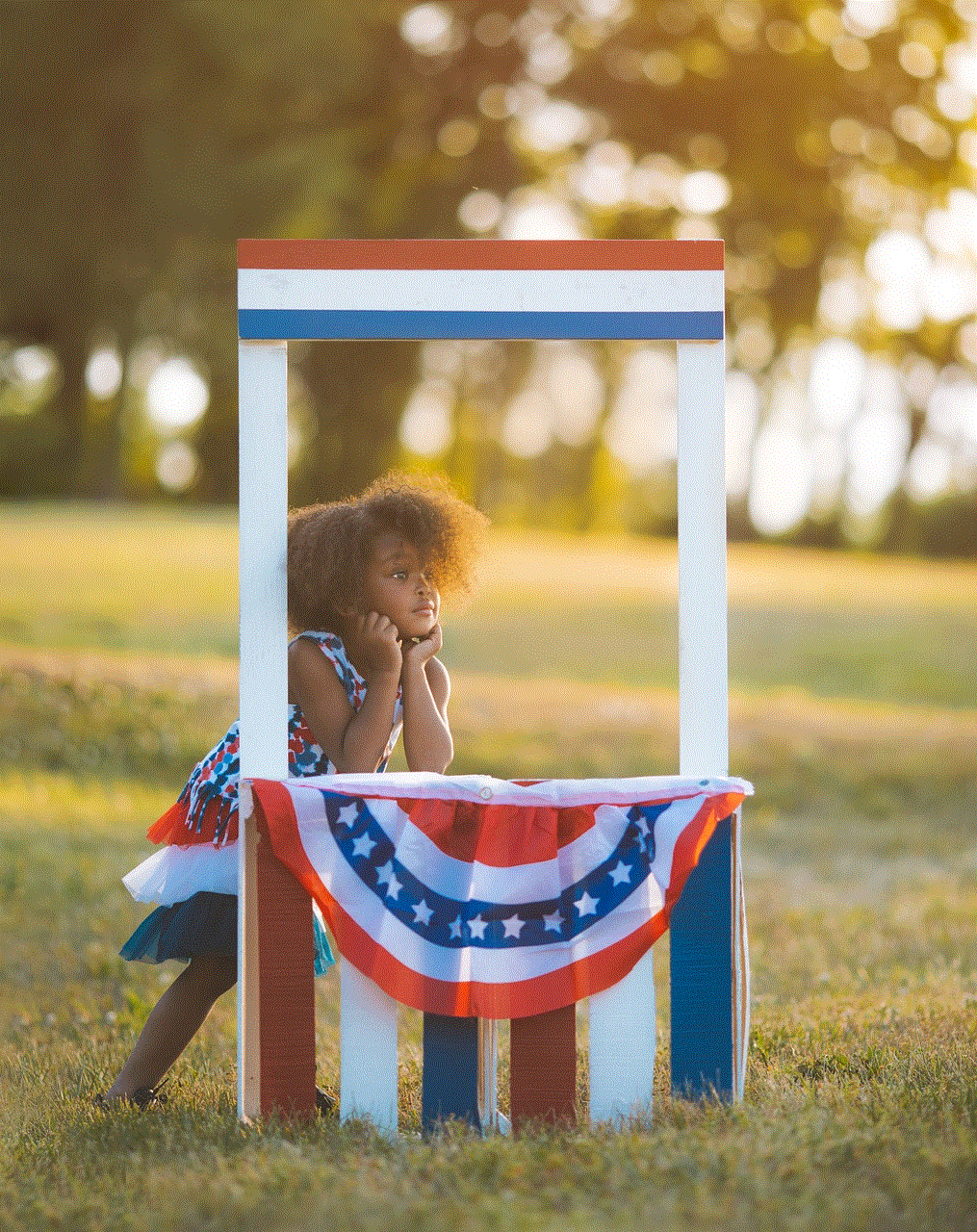thank you short form
Thank you. Two simple words that have the power to lift someone’s spirits and make them feel appreciated. These words are often used as a short form for expressing gratitude, and they hold a special place in our hearts. From a young age, we are taught to say thank you whenever someone does something nice for us. But what is it about this short form that has such a profound impact on our relationships and interactions with others? In this article, we will explore the importance and significance of the phrase “thank you” and how it has evolved over time.
The origins of saying thank you can be traced back to ancient civilizations, where it was considered a way to show respect and appreciation towards the gods. In ancient Greece, people would offer sacrifices and prayers to the gods, followed by saying thank you as a way of acknowledging their blessings. Similarly, in ancient Rome, saying thank you (gratias tibi ago) was a common practice after receiving a favor or assistance from someone. This tradition of expressing gratitude towards a higher power was also prevalent in other cultures, such as the Egyptians and the Chinese.
As time went by, the phrase “thank you” became more commonly used in daily interactions between people. It was seen as a polite way to acknowledge someone’s kindness or help. In the 19th century, etiquette books emphasized the importance of saying thank you as a way to show good manners and to maintain social harmony. People were expected to say thank you in various situations, such as receiving a gift, after a meal, or when someone did a favor for them. The phrase became an essential part of social norms and was seen as a way to build and maintain relationships.
In today’s modern world, saying thank you has become even more important. With the rise of technology and social media, our lives have become more fast-paced, and we often forget to express our gratitude towards others. We have become so accustomed to instant gratification that we tend to take things for granted and forget to say thank you. However, studies have shown that expressing gratitude has numerous benefits, not only for the person receiving it but also for the person saying it.
Saying thank you can improve our relationships with others. When we take the time to express our gratitude towards someone, it shows that we value and appreciate them. This can strengthen our bond with that person and make them feel more connected to us. It also encourages a culture of kindness and positivity, as people are more likely to do nice things for others when they feel appreciated. In the workplace, saying thank you can also boost employee morale and increase productivity. When employees feel valued and appreciated, they are more motivated to do their best work.
Moreover, saying thank you can have a positive impact on our mental health. Studies have shown that expressing gratitude can increase feelings of happiness, reduce stress and anxiety, and improve overall well-being. When we focus on the things we are thankful for, it shifts our perspective from negative to positive. It also helps us to be more present and mindful, as we take the time to acknowledge and appreciate the good things in our lives.
Saying thank you also has a ripple effect. When we express our gratitude towards someone, it can inspire them to do the same. It creates a chain of positivity and kindness, which can have a significant impact on our society. In a world where there is so much negativity, saying thank you can be a powerful antidote. It reminds us to be grateful for what we have and to spread kindness wherever we go.
In addition to its impact on relationships and mental health, saying thank you also has a religious and spiritual significance. In many religions, gratitude is seen as a form of worship and a way to connect with a higher power. It is a way to acknowledge the blessings in our lives and to show humility and appreciation towards the divine. In fact, some studies have shown that people who practice gratitude have a stronger sense of spirituality and are more compassionate towards others.
Despite its many benefits, saying thank you has become somewhat of a lost art in today’s society. We are often too busy to take the time to appreciate the small acts of kindness that people do for us. We have also become more self-centered and tend to focus on our own needs and wants instead of showing gratitude towards others. However, it is never too late to start incorporating this simple yet powerful phrase into our daily lives.
So how can we make saying thank you a habit? The first step is to be more mindful and aware of the things that we are thankful for. It could be something as small as a kind gesture from a stranger or something significant, like a promotion at work. Taking the time to acknowledge these things and expressing our gratitude towards them can make a big difference in our lives. We can also make a conscious effort to say thank you more often. Whether it’s in person, through a handwritten note, or even a simple text message, taking the time to say thank you can go a long way in making someone’s day a little brighter.
In conclusion, the phrase “thank you” may be a short form, but its impact is far-reaching. From its origins in ancient civilizations to its significance in modern society, saying thank you has stood the test of time. It has the power to strengthen relationships, improve mental health, and create a more positive and grateful society. So the next time someone does something nice for you, remember to say thank you. It may seem like a small gesture, but it can make a world of difference.
how to tell if you’re blocked on whatsapp
WhatsApp is one of the most popular messaging apps in the world, with over 2 billion active users. It allows people to send messages, make voice and video calls, and share media with ease. However, like any other messaging platform, there may be times when you are unsure if someone has blocked you . Perhaps they haven’t replied to your messages or their profile picture and status don’t seem to update anymore. In this article, we will discuss how to tell if you’re blocked on WhatsApp and the different signs to look out for.
But first, let’s understand what it means to be blocked on WhatsApp. When someone blocks you on WhatsApp, it means that they have prevented you from sending them messages or calling them. You won’t be able to see their last seen status, profile picture, or status updates. It’s a way for users to control who can contact them on the app and can be done for various reasons, such as privacy concerns or avoiding certain people.
So, how can you tell if you’re blocked on WhatsApp? Here are some signs to look out for:
1. Unable to see their profile picture
One of the first signs that you may be blocked on WhatsApp is that you won’t be able to see the person’s profile picture. Instead, you will see a blank or default picture, indicating that they have either removed their profile picture or have blocked you . This is because when someone blocks you, they also remove you from their contacts list, and as a result, their profile picture will not be visible to you.



2. No updates on their status or last seen
Another sign that you may have been blocked is that you won’t be able to see the person’s last seen status or updates on their status. WhatsApp allows users to control who can see their last seen status and status updates, and when someone blocks you, you will not have access to this information. So, if you used to see their last seen status and now it’s not visible, it could be an indication that you have been blocked.
3. Unable to make voice or video calls
When someone blocks you on WhatsApp, you won’t be able to make voice or video calls to them. If you try to call someone who has blocked you, the call will not go through, and you will receive an error message. This is because the person has blocked you from their contact list, and as a result, you cannot connect with them through calls.
4. Messages not delivered
If you have sent multiple messages to someone on WhatsApp, and they have not been delivered, it could be an indication that you have been blocked. When someone blocks you, your messages will not be delivered to them, and you will not receive a double checkmark or blue checkmark, indicating that the message has been received and read. However, it’s important to note that your messages may also not be delivered if the person’s phone is off or they have poor internet connectivity.
5. Unable to add them to a group
Another sign that you may have been blocked is that you won’t be able to add the person to a group chat. When you try to add a person who has blocked you to a group, you will receive an error message saying, “You are not authorized to add this contact.” This is because when someone blocks you, you are also removed from their contact list, and as a result, you cannot add them to a group chat.
6. No updates on their profile



If you are not able to see updates on the person’s profile, such as their status or profile picture, it could be an indication that you have been blocked. This is because when someone blocks you, they also remove you from their contacts, and as a result, you cannot see any updates on their profile.
7. Unable to see their online status
Another sign that you may have been blocked is that you won’t be able to see the person’s online status. When someone blocks you, you won’t be able to see when they are online or when they were last seen. However, it’s important to note that the person may have also disabled their online status for everyone, so this may not always be a reliable sign.
8. Unable to send a broadcast message
Broadcast messages on WhatsApp allow you to send a single message to multiple contacts at once. However, when someone blocks you, you won’t be able to include them in your broadcast list. When you try to add someone who has blocked you to a broadcast list, you will receive an error message saying, “You are not authorized to add this contact.”
9. Profile does not show in search
If you search for the person’s profile on WhatsApp and it does not show up, it could be an indication that you have been blocked. When someone blocks you, they also remove you from their contacts, and as a result, you won’t be able to find their profile.
10. Mutual friends can’t see their profile
If you have mutual friends with the person you suspect has blocked you, you can ask them to check if they can see the person’s profile. If they are also unable to see the person’s profile, it could be an indication that you have been blocked.



In conclusion, the signs mentioned above can help you determine if you have been blocked on WhatsApp. However, it’s important to note that these signs may also be due to other reasons, such as the person changing their privacy settings or their phone being switched off. The only sure way to know if you have been blocked is by directly asking the person or by creating a new account and checking if you can see their profile.
If you have been blocked, it’s best to respect the person’s decision and not try to contact them through other means. It’s also important to remember that blocking someone on WhatsApp does not necessarily mean the end of a relationship or friendship. It could be a temporary measure, and the person may unblock you in the future. But until then, it’s best to move on and focus on other aspects of your life.